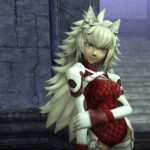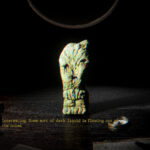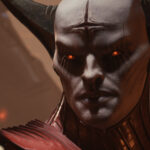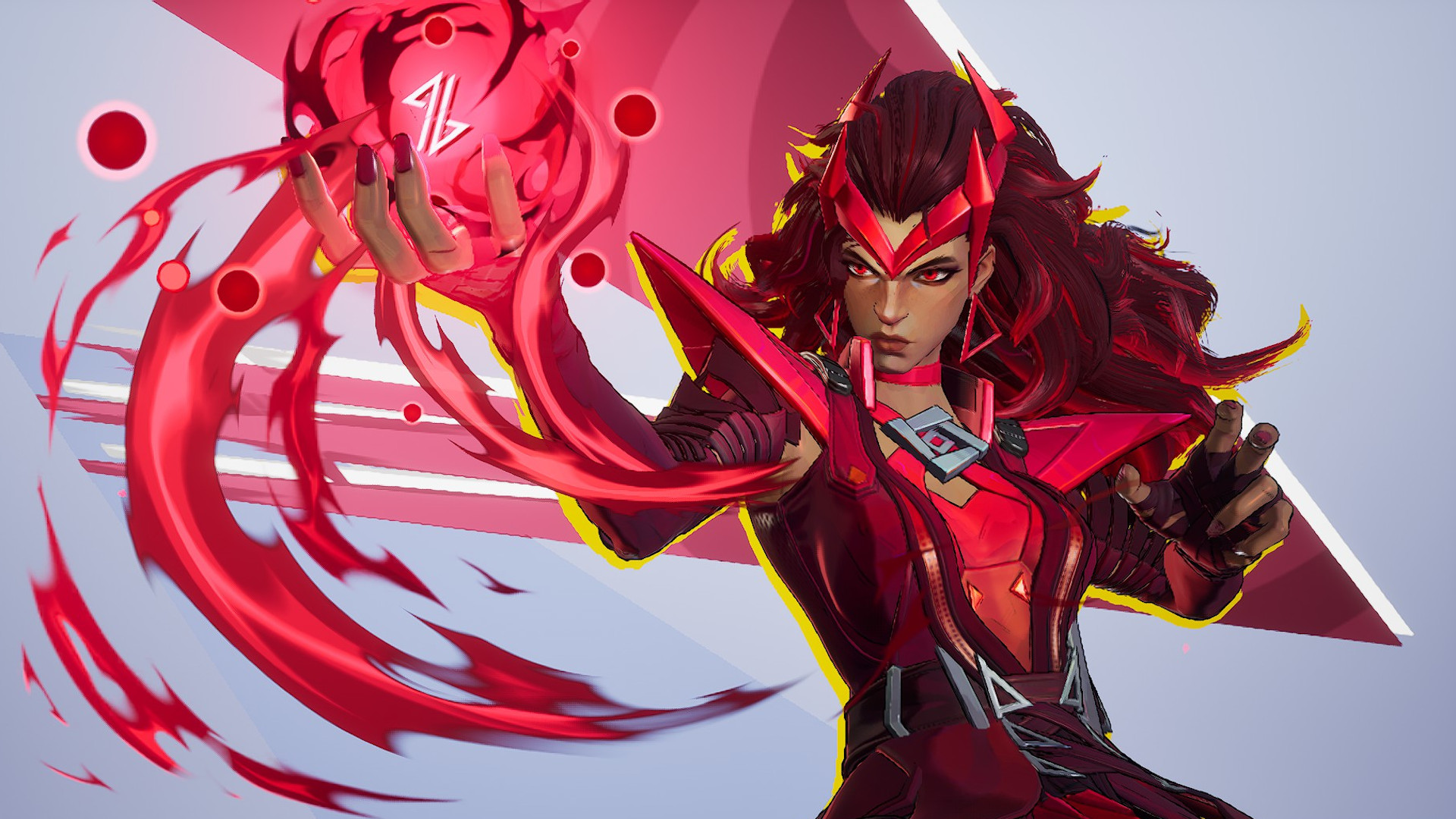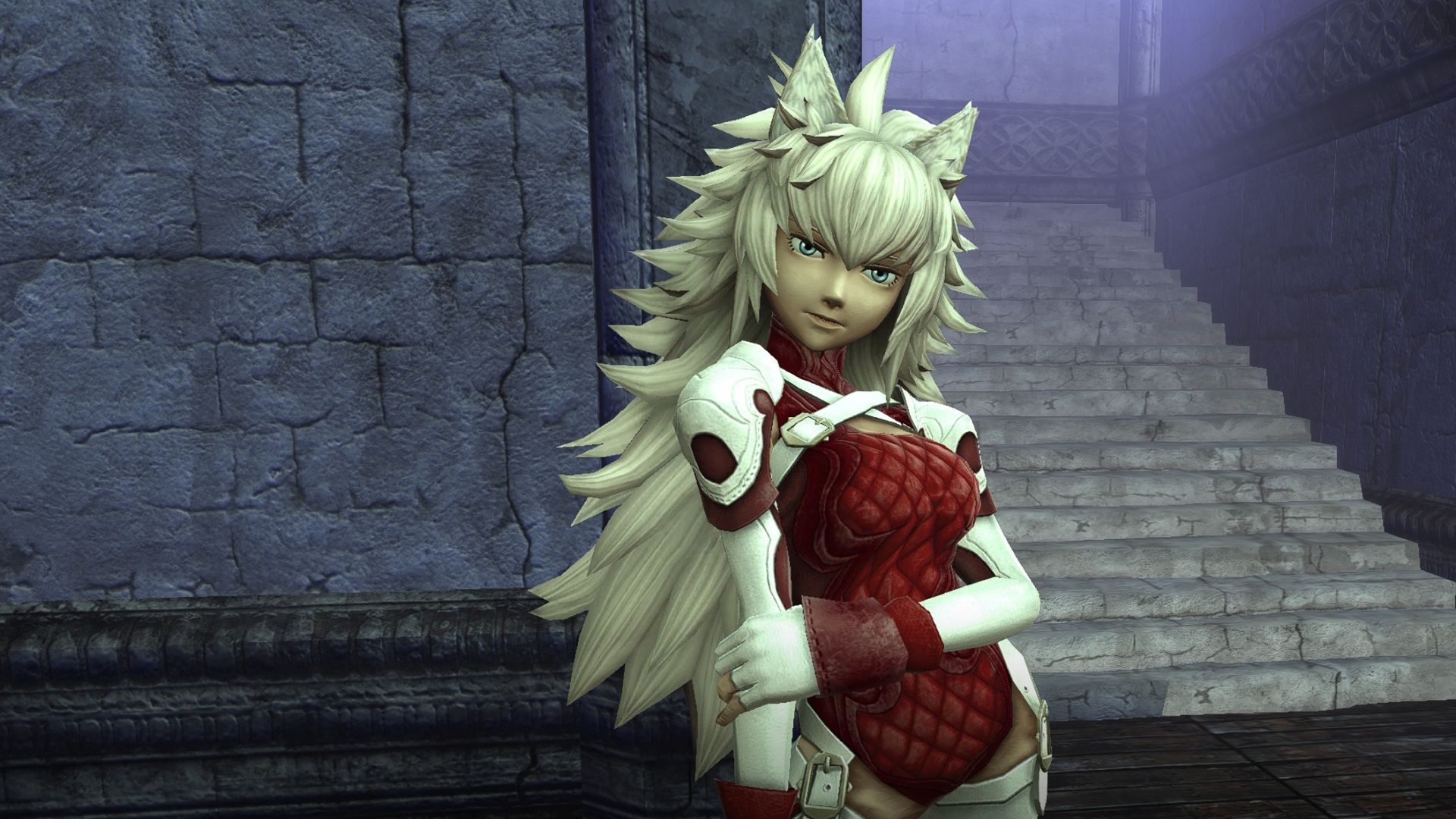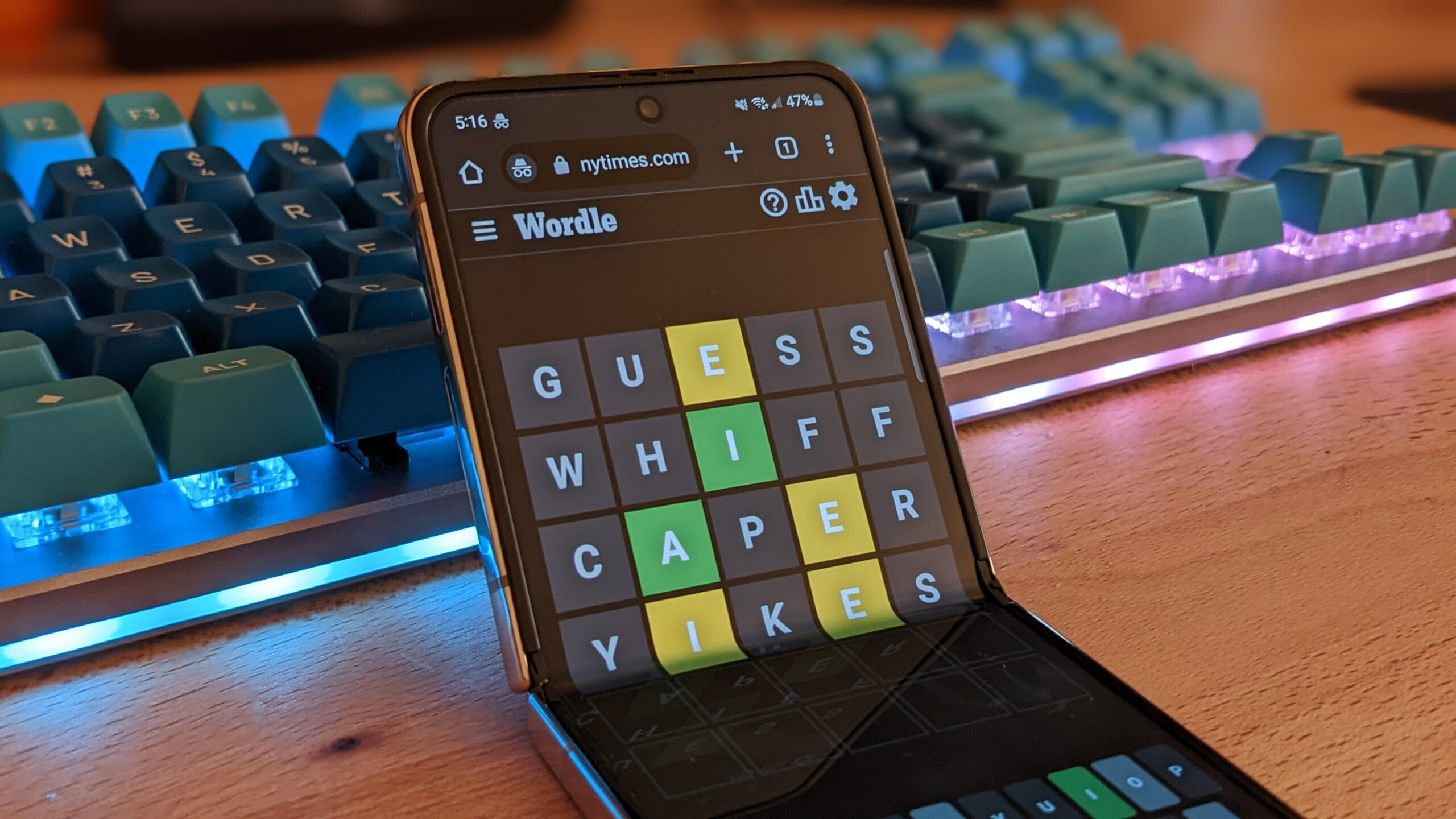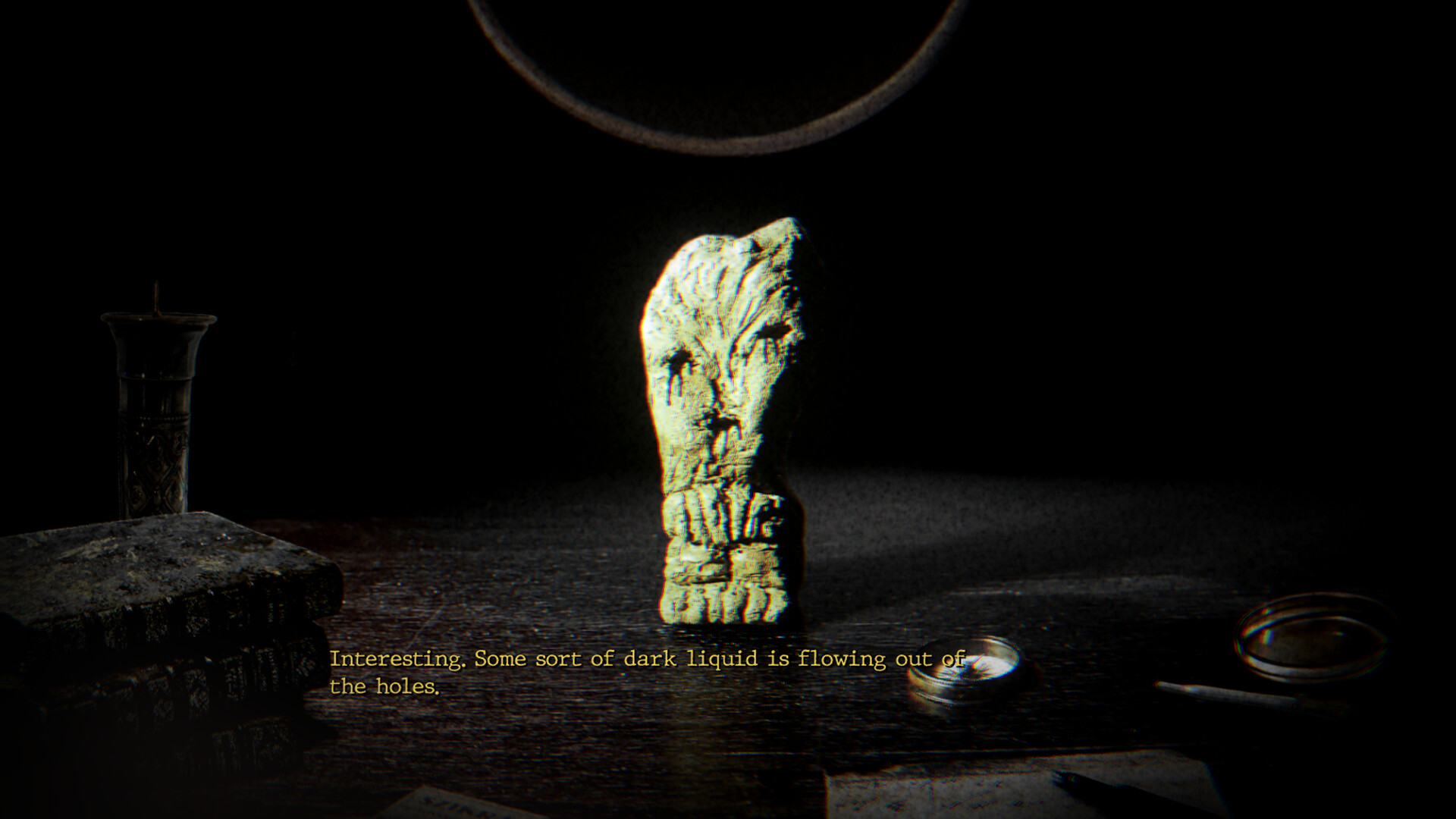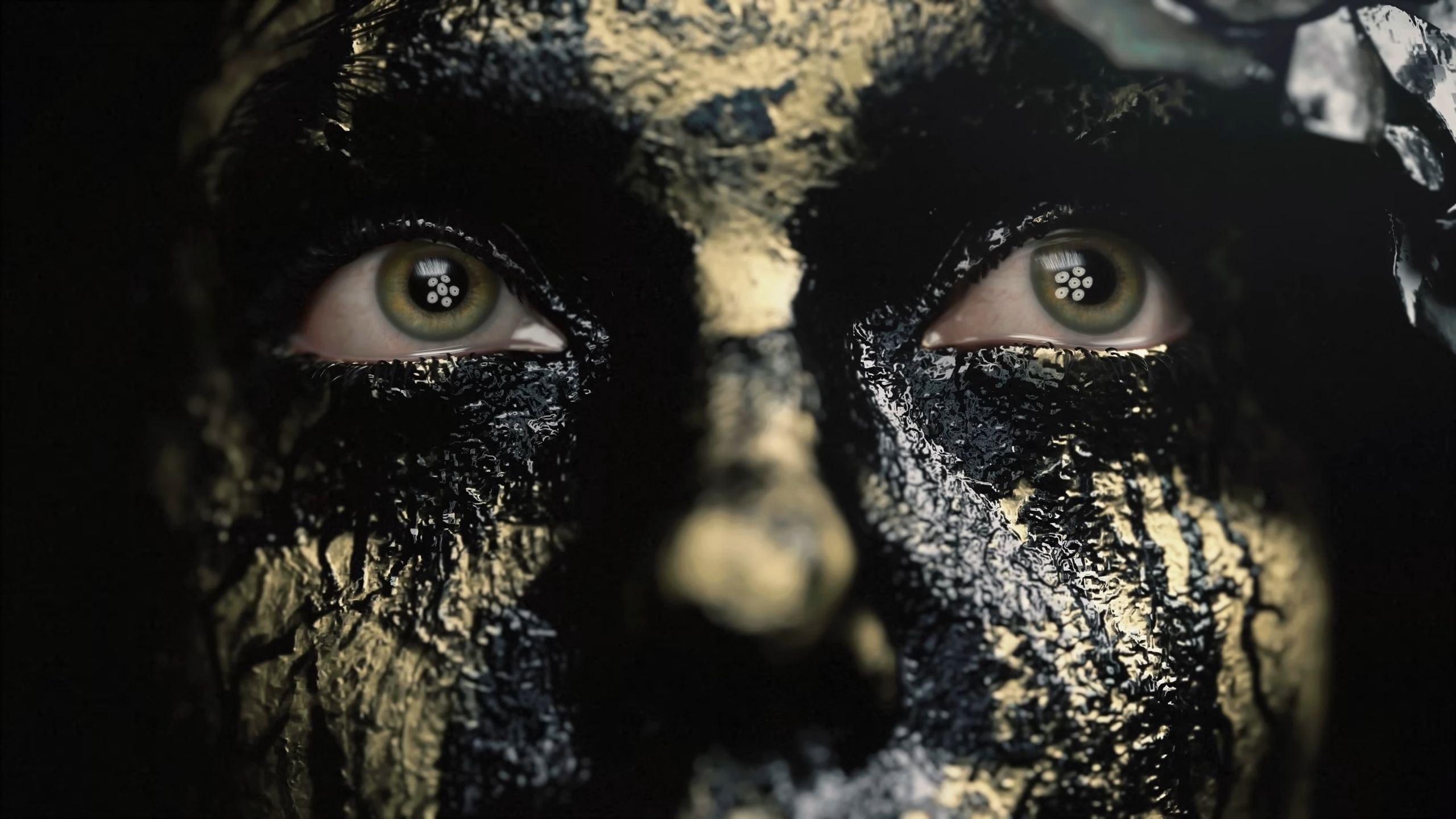I used to go to every single midnight showing of an MCU film, but after Avengers: Endgame, that dedication slowly waned as I found it impossible to enjoy the films on offer with the same enthusiasm that I used to. I thought I might just be tired of superheroes in general, but it wasn’t until I started playing Marvel Rivals that I realised that the heroes never stopped being cool—only the movies did.
From the start, I was impressed with how the 35 heroes currently in Marvel Rivals all managed to stand out with different strengths and playstyles. There were no copypaste stand-ins, and while there are a couple of shared abilities like double jumps or stuns, every hero ends up feeling unique.
Now, this didn’t just happen by chance—in an interview with Unreal Engine, the lead technical designer Ruan Weikang describes just how much hard work went into creating each hero, their memorable abilities, and the Team-up abilities that have become so integral to the game.
“As a global premium IP with 85 years of history, Marvel commands exceptionally high player expectations regarding the authenticity of its superhero characters,” Weikang says. “The development team needed to ensure that each hero possesses not only distinctive personality and abilities but also maintains a balance between characters to guarantee competitive fairness and integrity.”
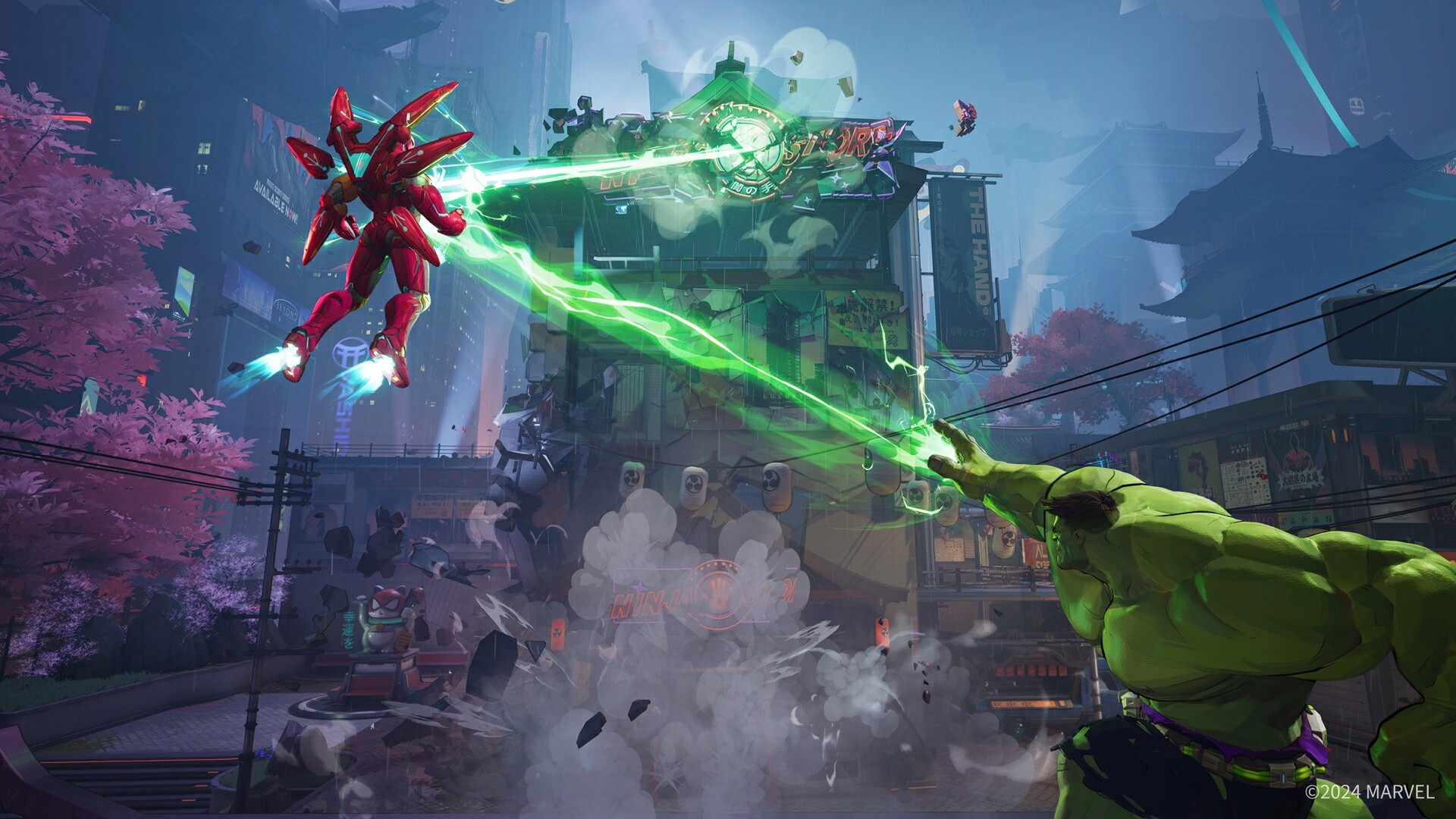
Most of the hero abilities in Marvel Rivals are surprisingly well suited to their character. Jeff The Land Shark’s whole persona of being just an adorable and friendly little guy who helps out whenever he can matches with his status as a Strategist and his helpful and a little aggressive ult, which can gobble up heroes—healing allies and damaging enemies. Then there’s Loki and his shape-shifting ultimate, cunning abilities like the ones that let him sneak around undetected or create clones of himself to confuse the enemy, living up to his title of the God of Mischief. While Hela, the Goddess of Death, is known to most as the Server Admin because of just how powerful she is—although this is probably more a result of poor balancing than artistic direction.
Team-up abilities also make sense. Rocket Raccoon getting a damage reduction if he rides on Groot’s shoulders is a really cool nod to some iconic comic book and movie scenes, while Doctor Strange getting charged with Hulk’s gamma radiation is a nod to how gamma energy can be used in spells. Other team-ups like Hawkeye and Black Widow or Adam Warlock and Star-Lord and Mantis also just make sense in terms of these characters being closely related to one another in comic book stories.
We’ve also focused on capturing iconic moments that resonate with fans.
Ruan Weikang
“Throughout Marvel Rivals’ development, delivering an authentic superhero experience has been our paramount design principle,” Weikang continues. “For each character, we conduct exhaustive research across all source material, particularly comics, to distill their fundamental essence.”
This isn’t to say that every hero has abilities that are 100% suited to their powers and personalities. Hulk’s gamma bubble is a new addition and, while it may not be comic book accurate, it is necessary for the game. Most Vanguards have access to some kind of shield to protect themselves or teammates in tough situations. Without this, Hulk would be a bit of a sitting duck, even if he is a giant green monster.
“We’ve also focused on capturing iconic moments that resonate with fans, transforming memorable scenes into playable experiences,” Weikang says. “Doctor Strange’s signature portals and Spider-Man’s web-swinging mechanics exemplify this approach, delivering both authentic character representation and engaging gameplay dynamics.”
Doctor Strange’s portals may be a technical pain to implement, but the idea of focusing on the best parts of superheroes and their ridiculously cool abilities works. This approach also helps the heroes in Marvel Rivals feel authentic to their comic book counterparts, and not just cookie-cutter versions slapped on top of a hero shooter. It’s hard to put my finger on just why Marvel Rivals has its hooks in me, but I’m not too proud to admit that a big part of it is probably because playing as superheroes and beating up other demi-gods is just too much fun for its own good.

